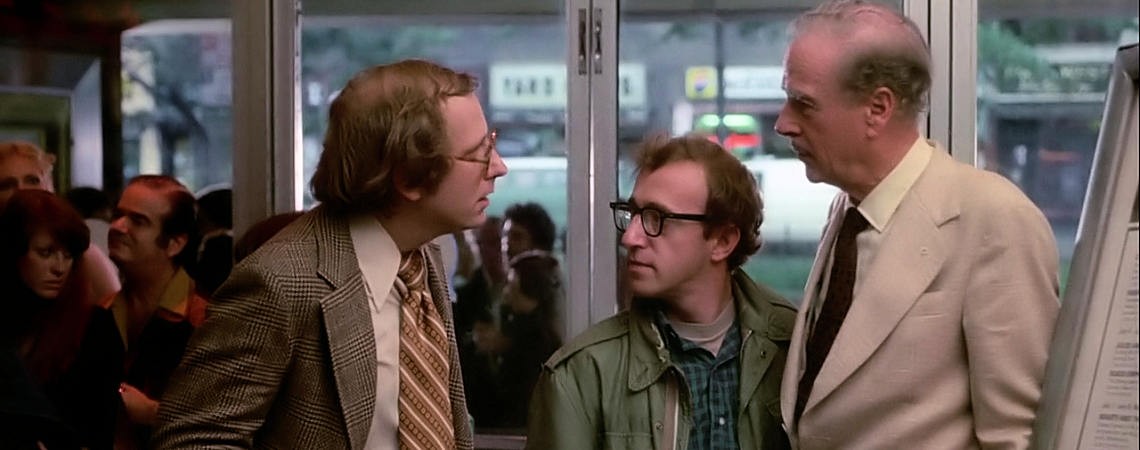
Imagine you are a journalist, or even a professor and you consider yourself an expert on the work of a certain author or thinker. Now, what would happen if by incidence you encounter your subject of interest and as a reaction on the matter of your investigation the most primary of the primary sources tells you the following:
"You know nothing of my work. You mean my whole fallacy is wrong."
This is what philosopher Marshall McLuhan ("The medium is the message") says in his cameo in the movie Annie Hall to an overly confident university professor. How would you receive such a statement? The ironic nature of McLuhan's words is most obvious, but, nevertheless, it also expresses the feeble nature of the triangle author - work - receptor. In the short novella "The FIgure in the Carpet" (see my earlier post) the whole plot is constructed around this conflict. While in the first chapter the protagonist is still wondering whether his article about the work of the acclaimed author Hugh Vereker would please the same, in the following chapter he gets the certainty that this is not the case. Without knowing that the author of the article is one of the guests at the dinner, Vereker answers, asked for his opinion on the article, that the man who wrote about him apparently doesn't see anything.
My first impression was that Vereker, maybe also McLuhan, applies something like self-defence. As an author, you probably do not want to be completely decoded and in order to be interesting, you have to maintain the mysteriousness. Before the dinner, the protagonist confidently reflects that they (probably he and his colleagues) "had found out at last how clever he (Vereker) was, and he had had to make the best of the loss of his mystery". His confidence, though, soon shrinks as Mr Vereker's remark on his article ("The usual twaddle") struck him hard. Lady Jane (of whose position in the newspaper I'm still uncertain), who initially introduced Mr Vereker to the article he had not read before, then remarks to the author who the writer of the article is. The encounter of the protagonist with Mr. Vereker is dominated by the latter's honest intent to consolidate the disillusioned young writer.
This chapter made me reflect on how I would act in such a situation. For a critic, the encounter with the author must be quite challenging. My piece of advice probably would be to be, on the one hand, confident enough with your conclusions even if the authority of the writer speaks against it (separate the work from the writer?) and, on the other hand, to be not to definitive in your deductions because you can't see everything and therefore it's always helpful to keep certain flexibility in your interpretation.
Very good. You took on a very cerebral post, which was very brave. Let me know if you have any questions.